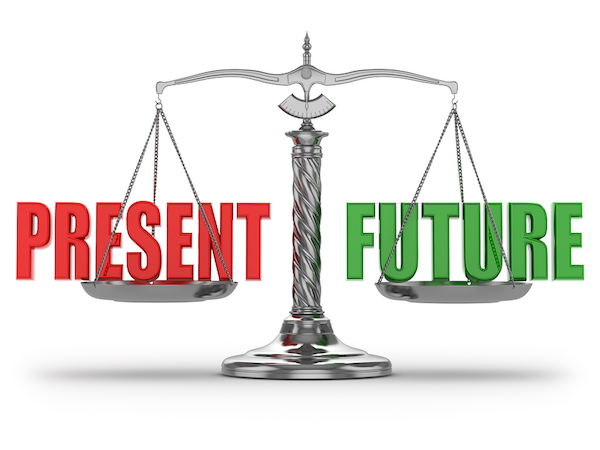Reform High Deductible Health Plans Now
March 31, 2015

Last week I saw another headline calling the 401(k) retirement plan a failed experiment. I don’t agree with this conclusion for several reasons. First, the 401(k) retirement plan was never an experiment. It was never intended to be the primary retirement program for private sector employers. Second, it’s hugely successful for a large number of individuals and the financial industry. Third, it places a spotlight on retirement savings—an issue that was largely ignored for decades.
That article was not the first I read declaring 401(k)s a failure. Highlighting the many deficiencies of 401(k) plans is a full-time job for some and they have been sounding the alarm for years. And I for one am glad they do. The 401(k) plan in its current form is, never was, and never will be THE retirement plan this country needs. It’s risky, costly, and too complicated for universal use.
Fortunately, addressing the shortcomings of 401(k) plans is in vogue right now. Proposals, legislation and regulations addressing plan fees, outcomes, and access abound. And right there in the middle of this fight for a more perfect retirement plan option is the Obama administration.
So I can’t help but think it is hypocritical or naïve of the White House to not have the same misgivings about high deductible health plans (HDHP) as it does about 401(k) plans. Sure, we are dealing with a different product and industry, but there are similarities.
- Both 401(k) and HDHPs place more financial responsibility on individuals
- Both 401(k) and HDHPs require a high degree of decision-making with limited knowledge and information
- Both 401(k) and HDHPs are tailored for the comfortably middle class who are continuously employed and healthy
- Both 401(k) and HDHPs are not viable options for low-wage workers
- Both 401(k) and HDHPs are headed for a crisis
I could go on about the problems with high deductible health plans, but it wouldn’t be anything you haven’t heard before from many other writers. I’m past the, these are crummy plans that place too much of a financial burden on most people stage. In fact, I left that stage a long time ago and entered the, are we really doing this again stage, eyes wide open? (And am I the only one who thinks that the monthly premiums to purchase these plans aren’t that low to justify $5 to $10 thousand annual deductibles.)
Don’t we know how this story is going to end? Millions will gain access to health insurance that they won’t use because the upfront costs are too high. Millions will go without needed medical care and prescriptions. Health care costs will increase because people will receive treatment for more serious conditions. Large hospitals will go to war with big health insurance companies after years of uncompensated care because patients can’t afford to pay their deductibles. Collection agencies will be big winners as they assume a prominent role in settling unpaid bills. Patients will be losers.
Reforming HDHPs
- Don’t subject all medical care to the deductible
- Don’t subject generic prescription drugs to the deductible
- Require employers to contribute a minimum amount to workers’ health savings account (assuming one is offered with the HDHP)
- Provide a one-time pre-funded health savings account to individuals without workplace health insurance based on income and family status
Like the 401(k) plan, high deductible health plans continue to gain in popularity with employers and insurers. Some healthy and financially well-off individuals like them also. But like the 401(k) these plans have many shortcomings that are cause for concern. It took several decades for us to question the appropriateness of 401(k) plans as a dominant retirement savings vehicle, hopefully it won’t take that long to address the HDHP problem. Besides, healthcare needs come around more often than retirement.
blog comments powered by Disqus


 Denise Perkins
Denise Perkins




